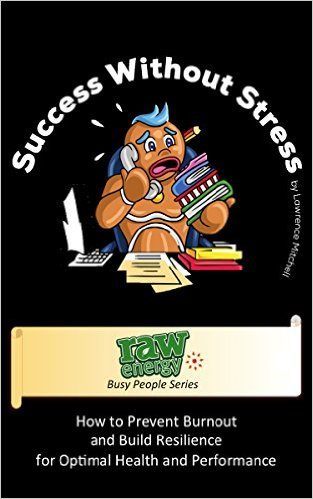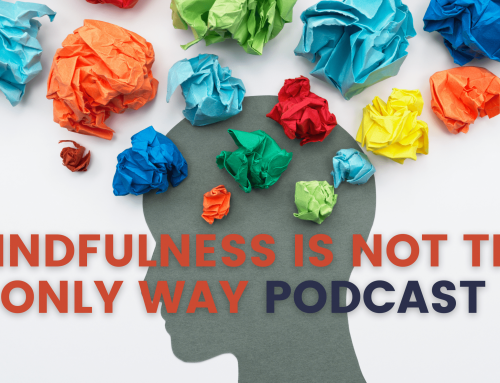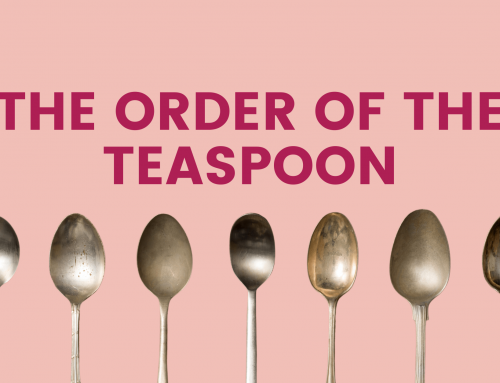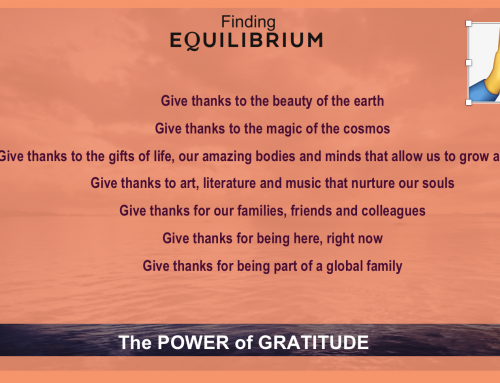Do you really know what the effects of stress are on your body?
Mother Nature, in her brilliance, has designed our bodies to be able to survive in the face of life-threatening situations (like all of our cousins in the animal world).
If a situation occurs, like a mugger snatching your bag, or you losing sight of your 7-year-old son in a super-busy tourist area in Paris (the latter happening to me at the Sacre Coeur last spring), your body’s stress response, commonly known as ‘Fight, Flight or Freeze’, will kick in automatically to protect you and enable you to fight the threat, run (away) as fast as you can, or stop still and hope to be unnoticed. Total priority is given to the threat, to the exclusion of everything else – which has a huge impact on our heart rate, blood pressure and muscles, with all non-essential functions (like thinking) shutting down.
This response has been in place since the beginning of time, and though the stressors have changed from sabre-toothed tigers and woolly mammoths to problems relating to relationships, work, money, a major life event, a tough economy or fear of terrorism, the physical response is the same – and can heavily impact our physical and emotional wellbeing.
Contrast this with a restful state where your breath is deep, your body is calm, your muscles are relaxed; food can be digested more easily, your heart slows down and your blood circulates freely through your body’s tissues, feeding them with nutrients and oxygen. It is not difficult to see how this state is most beneficial to the body’s wellbeing.
Medical science has hugely progressed our understanding of the impact that stress has on our health. For instance, in the early 1980s, psychologist Janice Kiecolt-Glaser, PhD, and immunologist Ronald Glaser, PhD, of the Ohio State University College of Medicine, were inspired by animal studies that linked stress with infection.

Furthermore, in a 2005 study of college students, Sarah Pressman, PhD, Sheldon Cohen, PhD, and fellow researchers at Carnegie Mellon University’s Laboratory for the Study of Stress, Immunity and Disease, found that social isolation or feelings of loneliness both weakened the immunity of first-year students.
When you’re faced with a stressor, your ‘fight, flight or freeze’ response is triggered by your reptilian brain (the amygdala), followed by the hypothalamus, which stimulates the adrenal glands to produce a surge of hormones such as cortisol, which can compromise the functioning of the immune system, and adrenaline and noradrenalin, which raise the blood pressure and make you sweat (for more, see Hormones 101 in my book). Blood flow to the skin is reduced, making you go pale, your arms and legs are mobilised, and stomach activity is reduced (which can greatly impede digestion).
All this produces a physical reaction and sequence that you’ll be very familiar with:
- Your lungs, throat and nostrils open up to allow your breathing to become more rapid, allowing more oxygen into your blood
- Your cardiovascular system leaps into action, increasing your heart rate so that more blood can carry oxygen to important muscles, allowing them to work harder for longer
- Your sweat glands open up to help you cool down
- Your senses sharpen to keep you alert to any threats, for example your pupils dilate, enabling you to see more clearly, and your hairs stand on end, making you more sensitive to your environment
- Your stored fat from fatty cells and glucose from your liver are converted into sugar for fast energy
- Your digestive system slows down to conserve energy, you may experience a dry mouth and maybe even loss of bladder and bowel control (in extreme cases)
- Your blood vessels contract to reduce blood loss in case of injury and your blood pressure rises
- Your immune system slows down (preventing and fighting disease is not a priority while under threat)
Once the perceived threat has passed, your stress hormones and all bodily functions return to normal. However – and here’s the thing – if you are constantly under stress, these hormones remain in your body and ‘chronic stress results’. Your body stays on high alert, which affects your physical and emotional wellbeing.










